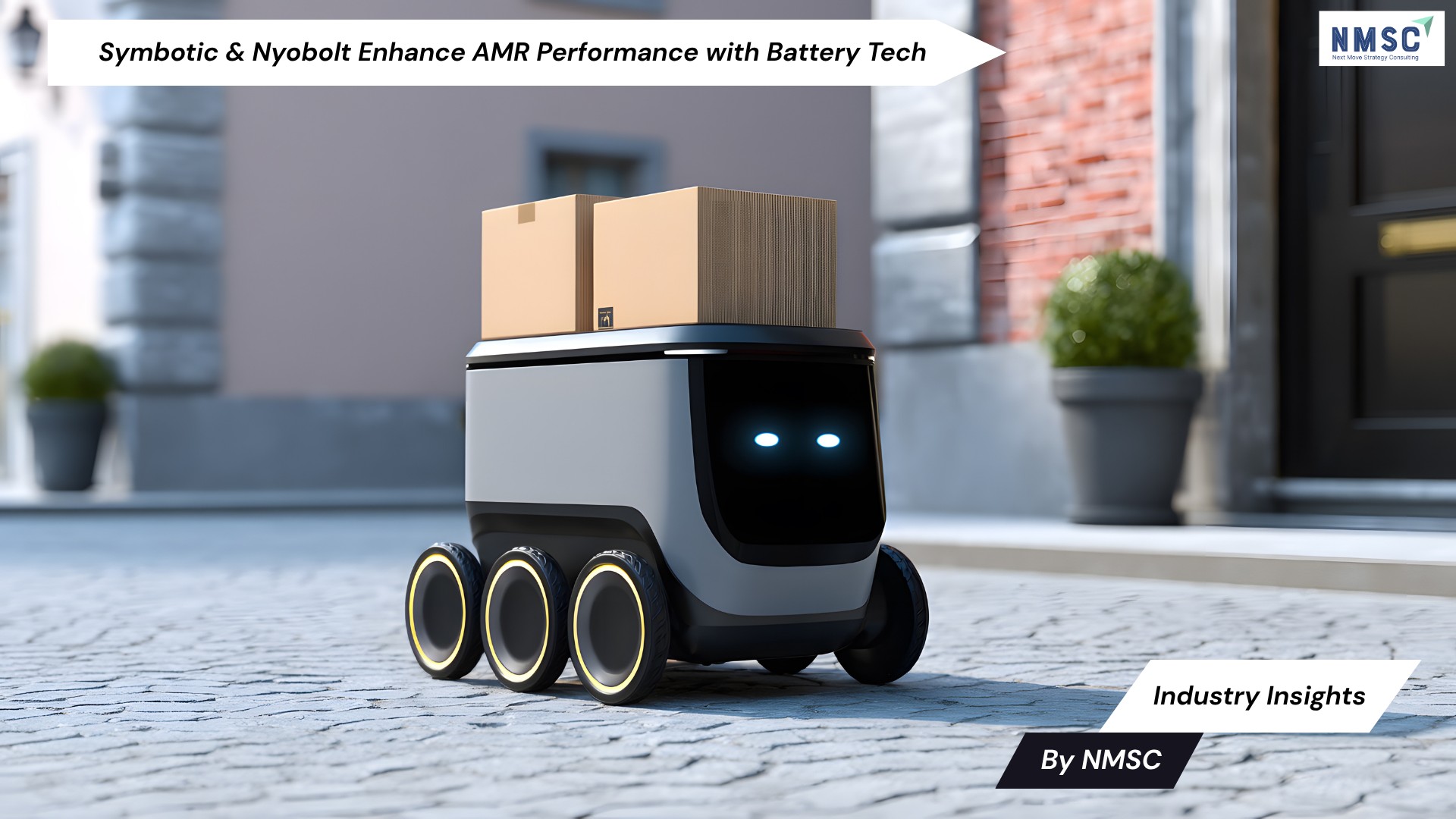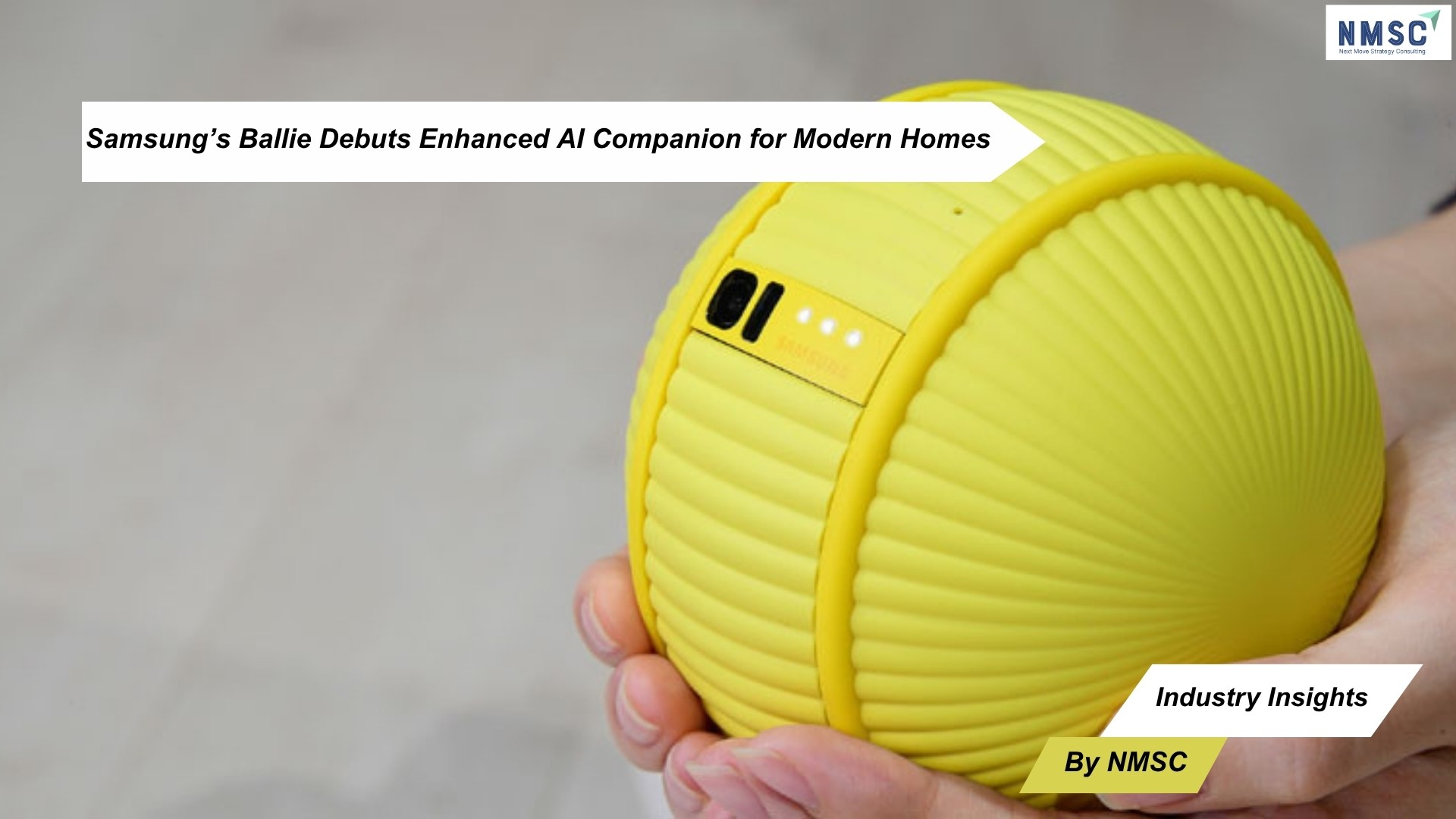Netherlands Delta Robots Market is expected to reach USD 75.05 million by 2030
Published: 2025-01-20
The demand for delta robots within the food industry and rising labour shortages are driving up demand for the Netherlands Delta Robots market during the forecast period.
Netherlands Delta Robots Market was valued at USD 23.81 million in 2022, and is predicted to reach USD 75.05 million by 2030, with a CAGR of 14.38% from 2023 to 2030, according to new research by Next Move Strategy Consulting.
In the thriving food industry of the Netherlands, delta robots have become indispensable assets, playing a pivotal role in food packaging and processing. Known for their unwavering commitment to hygiene, precision, and quality, these robots ensure that products consistently meet the highest standards. Their precision in tasks like picking and placing items, as well as their ability to operate in sterile environments, significantly contribute to food safety.
Furthermore, delta robots boost operational efficiency by streamlining packaging processes, reducing waste, and minimizing errors, all of which are crucial factors in upholding the Netherlands' reputation for excellence in the food and beverage sector. Consequently, this contributes significantly to the market's growth.
However, the market faces a significant hurdle in its growth due to the high price of delta robots. Although these robots are renowned for their precision and efficiency, their cost can be a deterrent for many businesses, particularly small and medium-sized enterprises (SMEs).
Furthermore, the extended time required to achieve a return on investment (ROI) because of these substantial upfront expenses can discourage companies seeking immediate cost savings and efficiency improvements. This situation not only hampers the market's expansion but also contributes to market consolidation, as only larger corporations can afford and benefit from this advanced automation technology.
The delta robot market has a substantial opportunity for growth by incorporating advanced technologies like computer vision and artificial intelligence (AI) to elevate precision. These state-of-the-art technologies empower delta robots to operate with greater accuracy and efficiency, opening up new possibilities for applications across diverse industries.
Combining computer vision and AI doesn't just improve precision; it also increases overall productivity while reducing errors in manufacturing. This can save costs, enhance product quality, and make businesses more competitive when they use delta robots with these advanced technologies. As industries keep adopting automation and need more precision and flexibility, the delta robot market is poised to gain substantially from integrating computer vision and AI.
Request for a Sample PDF on the Netherlands Delta Robots Market
According to the report, leading players in the Netherlands Delta Robots market include ABB Ltd., Fanuc Corporation, Kawasaki Heavy Industries Ltd, Yaskawa Electric Corporation, FESTO, Weiss GmbH, Omron Corporation, IGUS GmbH, Cama Group, and KUKA AG.
Key Insights from the Netherlands Delta Robots Market Report:
-
The information related to key drivers, restraints, and opportunities and their impact on the Netherlands Delta Robots market is provided in the report.
-
The value chain analysis in the market study provides a clear picture of the roles of each stakeholder.
-
The market share of players in the Netherlands Delta Robots market is provided in the report along with their competitive analysis.















Add Comment